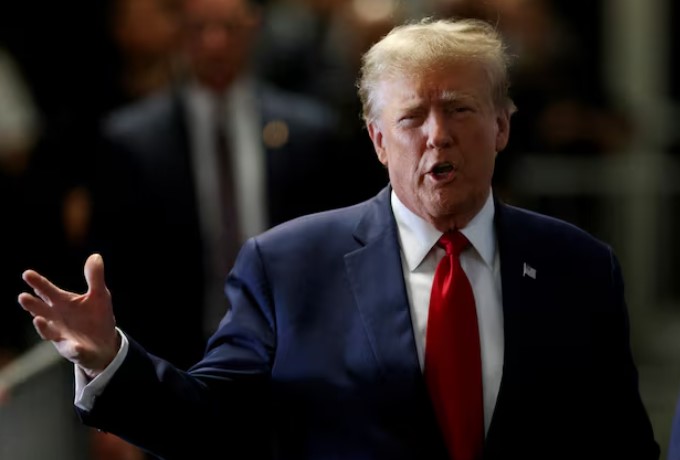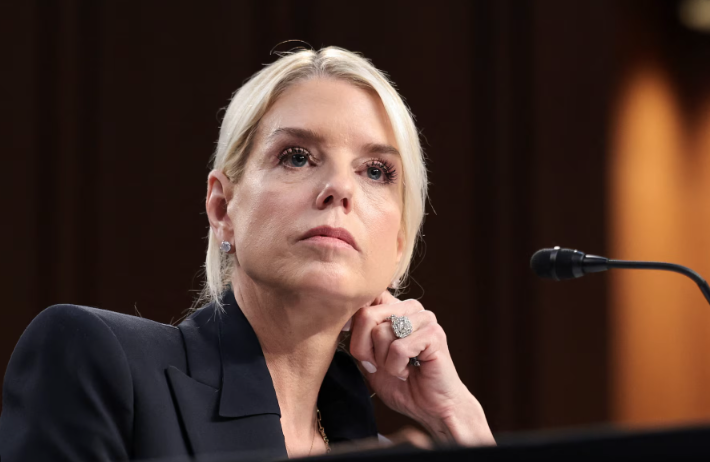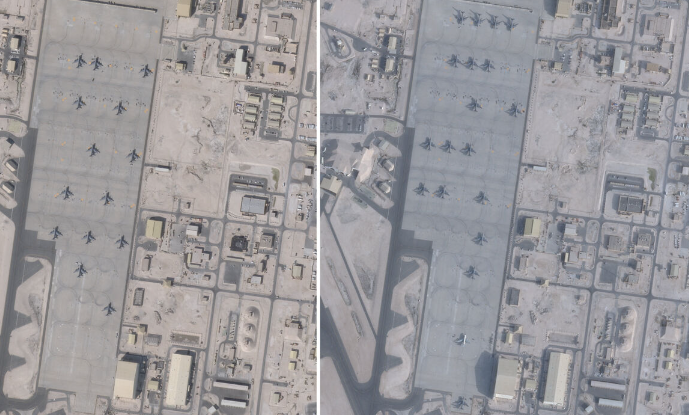WORLD NEWS
U.S. Prosecutors Navigate Presidential Immunity in Trump Case While Avoiding Limits on Biden’s Power

The U.S. Justice Department is proceeding with its criminal case against former President Donald Trump for his efforts to overturn the results of the 2020 presidential election. In doing so, prosecutors are meticulously navigating the complex interplay between prosecuting a former president and preserving the scope of executive power for current and future administrations.
Historically, the Justice Department has been vigilant in protecting the rights and powers of the executive branch. During President Joe Biden's administration, the department has defended his Republican predecessor, Donald Trump, in three civil lawsuits related to his conduct while in office.
As Special Counsel Jack Smith leads the prosecution against Trump, the department faces the challenge of addressing the former president's actions without unduly constraining the authority of the sitting president or his successors. A revised indictment filed last week attempts to circumvent a U.S. Supreme Court ruling that largely shields former presidents from criminal prosecution for actions taken as part of their official duties.
The revised indictment argues that Trump’s efforts to remain in power following his 2020 election defeat were primarily conducted in his capacity as a candidate rather than as a sitting president. This distinction is crucial for overcoming legal precedents that protect presidential actions from criminal scrutiny.
The Justice Department's approach underscores its commitment to upholding the rule of law while being mindful of the broader implications for executive authority. The careful framing of the case aims to ensure that any legal precedent set does not inadvertently limit the powers of the current or future presidents.
The ongoing case against Trump continues to attract significant attention and debate, reflecting the broader challenges of balancing accountability with the preservation of constitutional norms and executive prerogatives.




